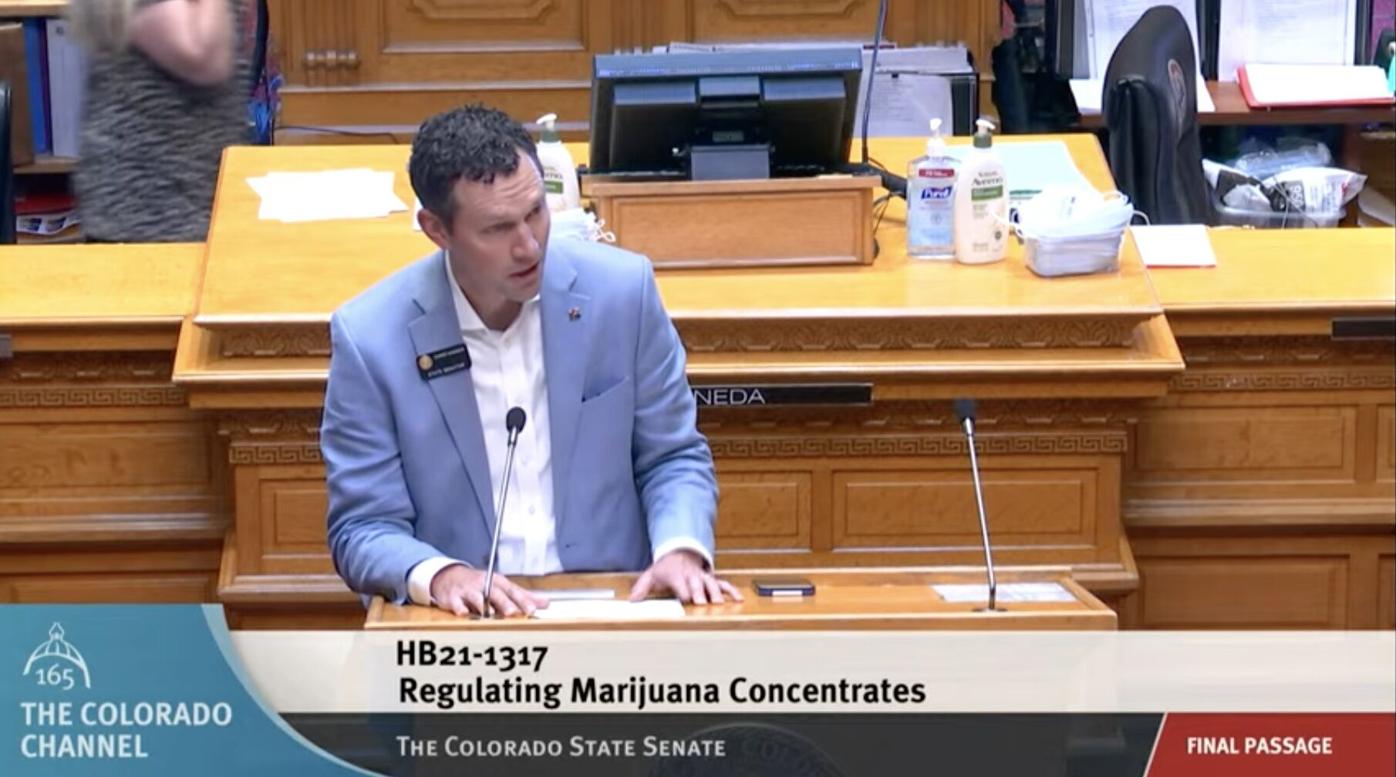Colorado conservatives sue to block ‘quadratic voting’ by legislative Democrats
A system that allows legislative Democrats to internally prioritize bills while factoring in price tags and the limited pool dollars available appears set to be challenged in court by a conservative think tank.
The practice is known as quadratic voting. It was in 2018 the brainchild of then-Rep. Chris Hansen, D-Denver, who chaired the House Appropriations Committee. Colorado Politics reported on the system in 2019.
Quadratic voting, or how General Assembly Democrats decide what to fund at the last minute
It works like this: Every Democratic lawmaker gets 100 credits, plus access to an interactive website with a spreadsheet that lists the bills awaiting action from the House or Senate Appropriations committees. Bills before those two panels require general fund dollars.
The money available for legislation before those committees comes from the Joint Budget Committee. It’s type of set-aside that represents what’s available to be spent under the TABOR cap once the General Assembly has finished working on the state budget. The last few years, that set-aside has ranged from $30 million in 2023 to $50 million in 2021.
The system was borne out of frustration in 2018 and as first reported by Wired, when the amendments to the 2018-19 budget bill ate up all the money set aside to cover spending on bills being passed toward the end of the session.
But the voting system has usually only applied to Democrats. Those in the majority in Colorado’s Capitol are the only lawmakers allowed to vote on the survey, and it usually only applies to their bills. Republicans have told Colorado Politics in the past that they’ve been excluded both from the process and from having their bills considered. However, KUNC reported in May that a bill sponsored by House Minority Leader Mike Lynch of Wellington, on wildfire cameras, was included in the survey and ranked No. 2. Despite the measure winning unanimous support from the state Senate, it died in the House.
Most notably, the process is secret. Lawmakers do not divulge how the voting came out. Colorado Politics began asking for access to the results in 2019, and other Capitol reporters also have challenged the secrecy behind the system. KUNC’s Scott Franz began filing open records requests in 2019 to obtain the results. All those requests were denied until this year, when Democratic lawmakers relented after complaints about the system’s secrecy and released the results of the March 24 anonymous survey.
The open meetings law prohibits lawmakers for voting via secret ballot. Hansen, who this year ran unsuccessfully for Denver mayor and now serves a state senator, in a 2020 interview referred to quadratic voting as a secret ballot.
While quadratic voting came up as an issue when two House Democrats filed a lawsuit against the state House, the Democratic and Republican caucuses and leadership in both caucuses, it wasn’t challenged by that lawsuit, which sought to require lawmakers to follow the state’s open meetings law.
Democrats allege pattern of illegal meetings at Colorado’s Capitol






